Stabbed to death on backpacking holiday: Mum’s agonising discoveries
THE mother of a British backpacker who was brutally killed at a Queensland hostel has learnt harrowing details about her daughter’s death.

AFTER British backpacker Mia Ayliffe-Chung was knifed over and over again in a Queensland hostel, she got up and raced to the bathroom, where she died on the floor.
But there was so little blood on the 20-year-old that paramedics thought she was still alive and tried to resuscitate her as well as another wounded UK traveller, Tom Jackson. “She was spotless,” says Mia’s mother, recalling how she also appeared scrubbed clean straight after she was born back in Derbyshire. “She came into the world spotless and left it in the same way.”
Rosie Ayliffe has been retracing her daughter’s steps through Australia almost a year after her horrific death in remote Home Hill, 100 kilometres south of Townsville.
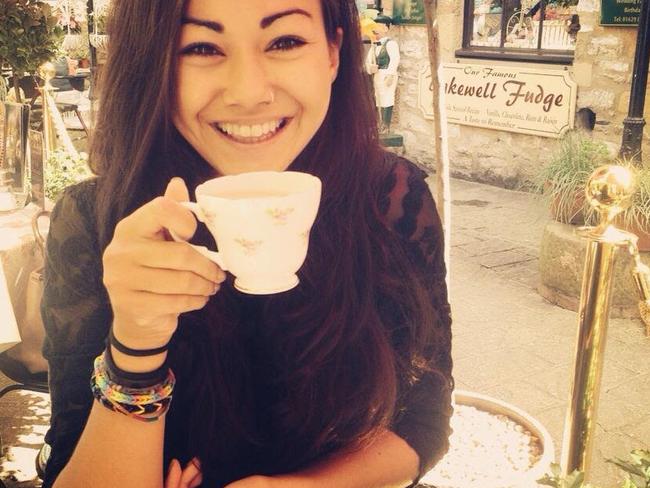
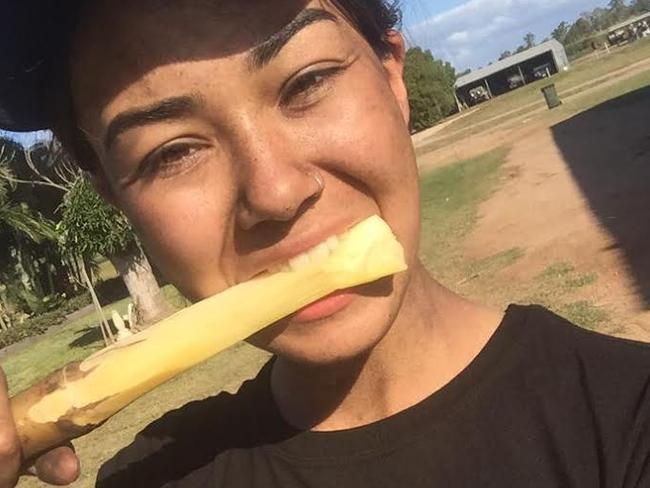
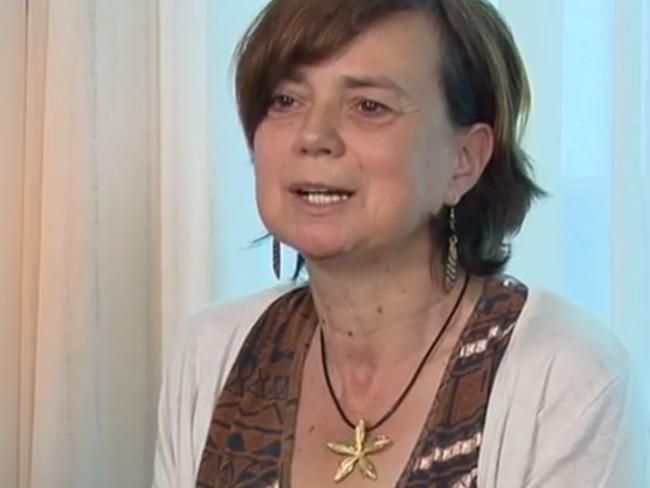
Much of what Rosie has discovered has been breathtakingly painful, but the former teacher is the type of person who needs to know the truth, and has been fighting to change what she sees as Australia’s broken system of agricultural work for backpackers.
Mia was allegedly killed by Algerian-French backpacker Smail Ayad after he developed an obsessive crush on her. Tom was stabbed in the eye and died later in hospital. They were all staying at the same hostel in far north Queensland and completing the 88 days’ farm work that can obtain visitors on 417 working holiday visas a second-year extension to stay in Australia.
Ayad, 29, allegedly dragged Mia out of bed shortly after 11pm on Tuesday 23 August before diving off the balcony and allegedly killing the hostel dog.
He has since been preliminarily diagnosed with schizophrenia and referred to the Mental Health Court on two charges of murder.
Rosie is doing much more than just waiting for a trial. The distraught mother made her first trip Down Under shortly after the tragedy, but says much of the trip was a blur. Later on, she began questioning the events that led to Mia’s death, started writing a blog in the UK Independent and, in less than a year, has become the leading campaigner for the rights of working backpackers in Australia.
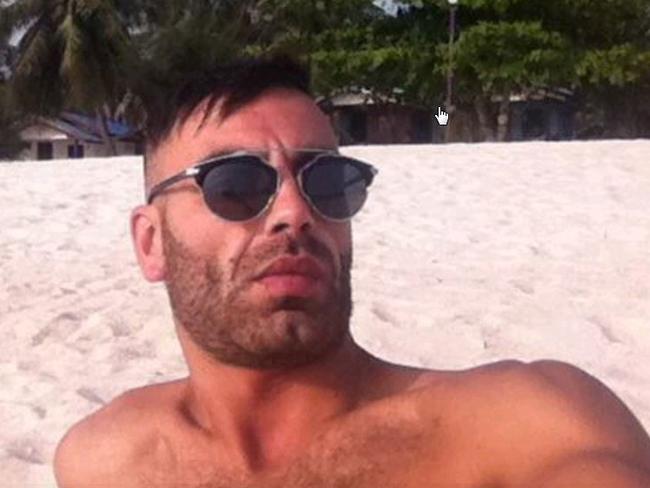
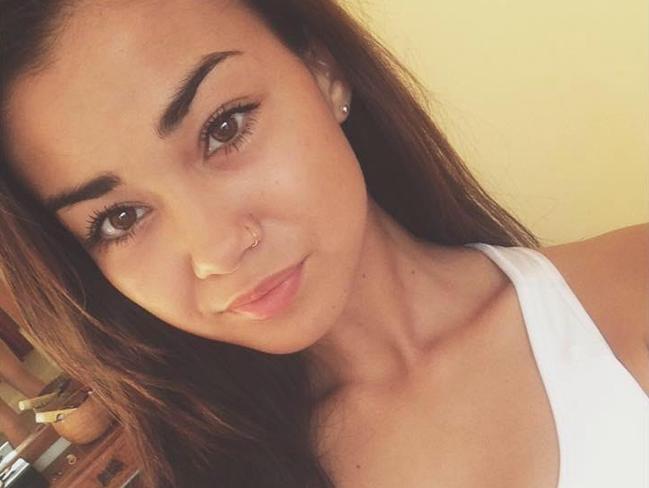
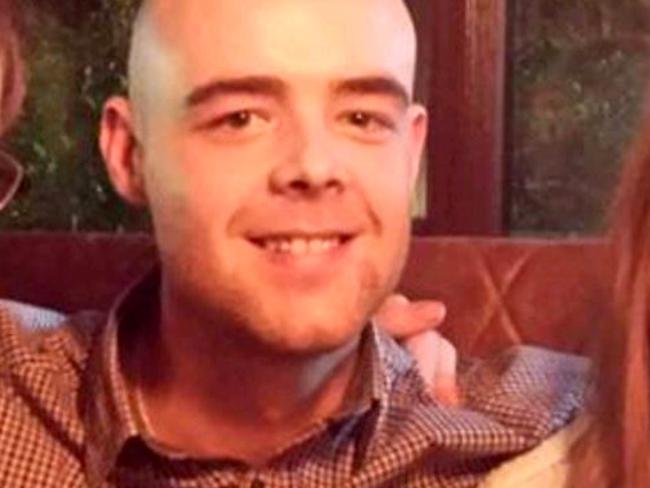
Thanks largely to her investigations and tireless advocacy, it has become clear that backpackers in Australia are routinely exploited, mistreated and abused while completing their farm work. News.com.au has heard numerous stories from backpackers who have been physically attacked, threatened, sexually harassed and assaulted, forced to work in dangerous conditions, had their passports confiscated or been blackmailed to perform sexual acts in return for sign-off, and underpaid or not paid at all. A news.com.au investigation into the seedy underbelly of the backpacker scene in far north Queensland where young travellers like Mia pick fruit and vegetables revealed just how hostile the environment could be.
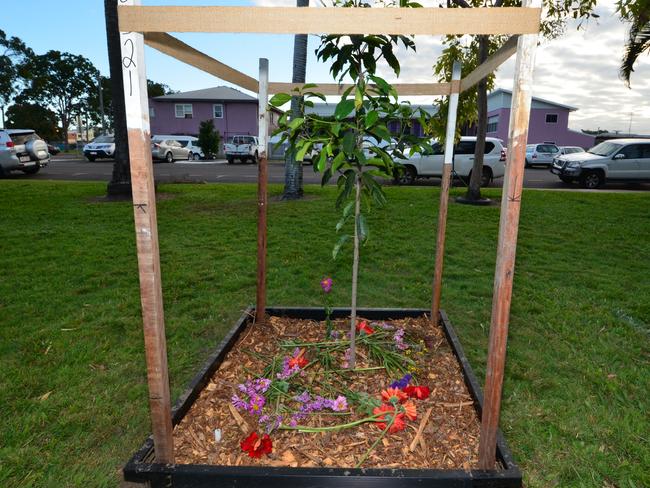
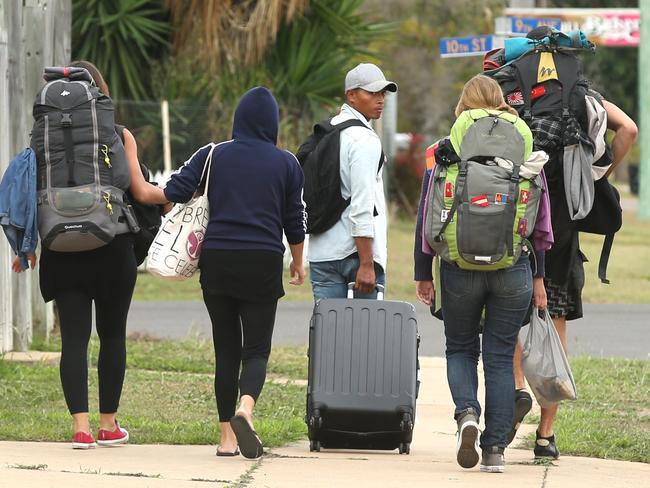
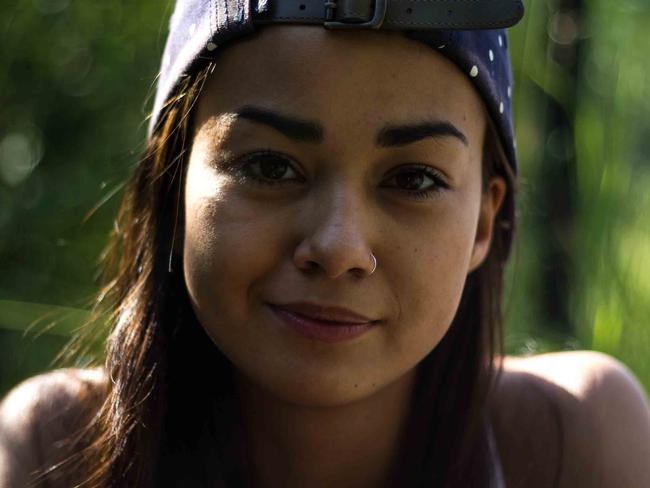
Last month, Rosie went to Home Hill to see where Mia died. Rosie planted two trees and placed a stone Buddha’s head in the grounds in her daughter’s memory — but has since heard the council has destroyed it.
“It was harrowing, it was horrible,” she said. “I learnt things I didn’t know.”
Rosie met with other young backpackers and Australians who knew Mia during her year in Australia, which she mostly spent living on the Gold Coast and working at a bar. One of them was Dan Richards, who tried to save her.
“Dan stayed with her right to the end talking to her holding her hand — what a hero,” said Rosie. “He’s a different person as a consequence, really struggling. He doesn’t sleep. It’s bad enough trying to recreate it in your mind — he had to be there.”

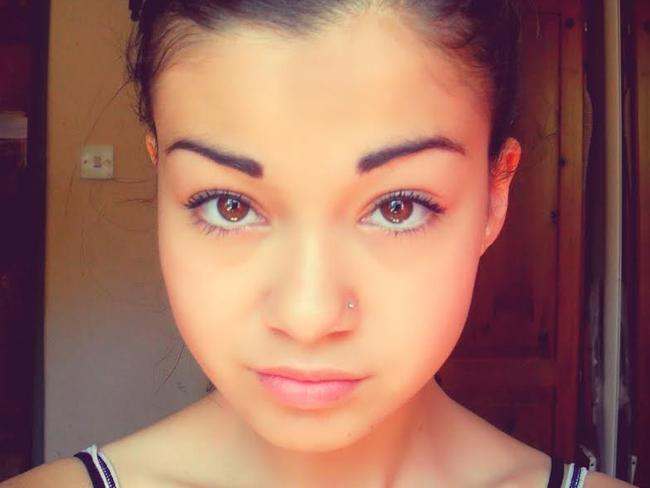
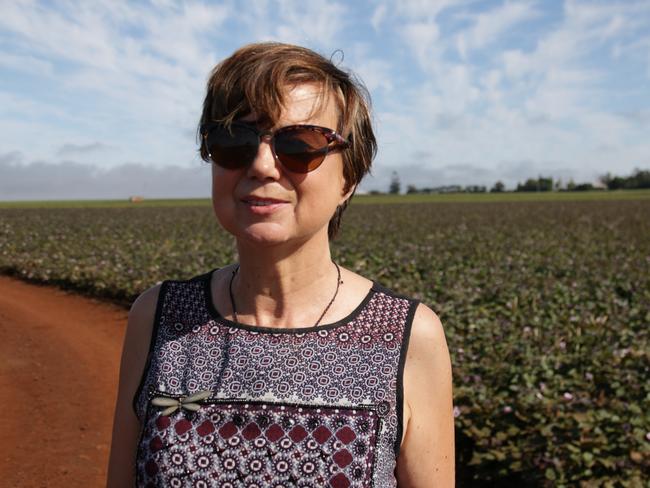
Arriving in Sydney from the UK, Rosie told news.com.au she could “feel Mia everywhere” and was ready to retrace her steps up the east coast through Byron Bay, the Gold Coast, Townsville and Home Hill, with an ABC TV crew. But when news.com.au met with Rosie for a second time at the end of her marathon journey, she was drained.
“I feel wiped out, exhausted, wrung out,” she said. “You have to go over everything, when it’s raked over the coals in enough detail, you break down. It has been hard.”
In the past year, having a purpose has kept the 53-year-old sane, driving her on through the most soul-crushing moments. She has been busy encouraging young people to come forward, trying to increase transparency around the conditions at different farms and working hostels on forums and Facebook groups, talking to the Fair Work Commission and petitioning the Australian Government.
Many backpackers are not keen to lodge formal complaints, because they want to get their visas and leave with no trouble. That means the collective memory of backpackers is short, so the cycle continues. But Rosie warns “they may take with them lifelong scars” — or worse.
“My aim is making it safe for kids,” she said. “People trust me, I’m independent, not on a salary, I’m doing this because of Mia’s death. I’m not going to deport anyone, I’m just there for them. I’m not interested in anyone blaming victims.


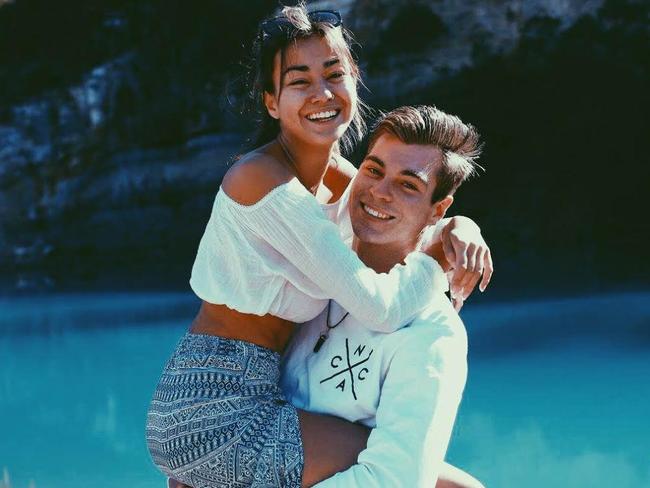
“The whole campaign is coming from right place, heartache because Mia and Tom died.
“I have to relive it all the time. At least I’m slowly come to terms with it through reliving it. I owe her that. I had to make my journey here as a mum. I can’t bury it, can’t bring her back.
“Maybe because of this campaign, 10 girls a year won’t be sexually assaulted. Maybe two people who would have used machinery without training won’t be put to work.
“I’m getting stories, passing them on. But I’m one person. I’m starting to flounder a bit. It’s taking too much of a toll.”
Rosie said she is tired of hearing the horror stories, seeing the lack of action, and having people tell her the farms are hard to regulate because they are so remote. “Then why are you sending kids there?” she asks.
She believes the system may slowly start to improve with the help of some “extraordinary” people, but wants it to happen faster, before the next young traveller gets hurt. Recently, one backpacker shared a story of sexual assault only to see her attacker receive community service in court. She and Rosie were crushed. “Australia wants change,” insists Rosie.
“I’m really just adding my voice to the growing clamour.”
Rosie Ayliffe appears tonight on Australian Story at 8pm and part two screens Monday July 17 at 8pm on ABC and ABC iview.



